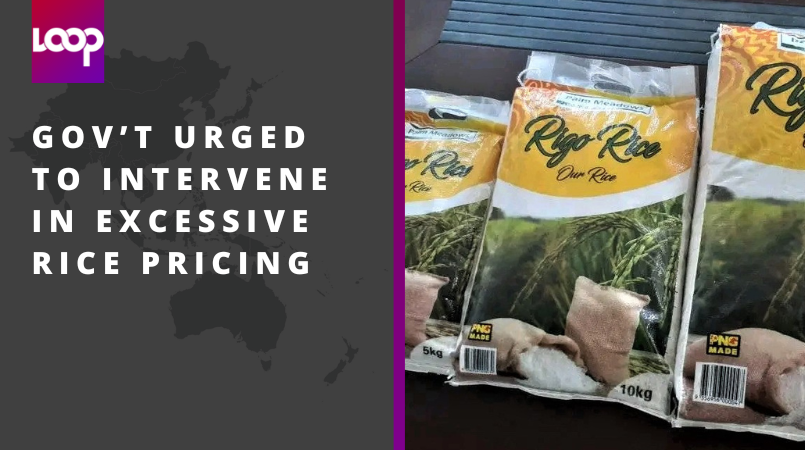
Rigo Rice has successfully conducted rigorous rice farming trials over the past five years in Rigo District, Central Province, gaining valuable insights into the costs of rice farming.
In addressing concerns affecting daily lives and budgets of countless Papua New Guineans regarding the soaring prices of rice, Rigo Rice have presented some key findings from trials conducted.
Rigo Rice found that:
- Farming and costs before milling:
Average harvest per hectare was 6.7 tonnes of rice. Total cost of production excluding land and machinery, amounted to K5, 700. 00 per hectare. This translates to a cost of K.0.85 per kg of paddy rice.
- Milling cost:
Milling harvested rice per hectare cost K1, 100.00. After milling, total amount of rice obtained was 4.7 tonnes (loss of about 30% through milling process). This translates to a milling cost of K0.234 per kg of milled rice.
- Total overall cost
Overall cost per hectare is K6, 800.00. This includes production and milling cost. The average cost per kg of rice after milling was K1.45.
- Selling price
The selling price for rice after milling is K3.00 per kg. This translates to a markup of K1.55 per kg or a markup percentage of approximately 107.64%.
Rigo Rice owner, Jeffery Kennedy says from figures gathered from their rice trials, consumers are forced to pay very unfair prices, often above the K5.00 and K7.00 mark. He says such disparity undermines the economic well-being of PNG citizens, especially those with limited financial means.
“I feel it is my duty to bring this information to all my fellow country man and woman. It is important that you understand what you are paying for and how much profit is being made from your spending.
“It’s time to ensure fairness, accessibility, and affordability in the rice market, addressing the needs of all Papua New Guineans.
“Rigo Rice acknowledges the pivotal role of government support in national strategic agriculture projects, particularly in rice farming, and warmly embraces government’s support and partnership.”
Kennedy added, “Any significant investment in rice farming will enhance the affordability of rice for low-income earners while creating employment and generating wealth for customary landowners. And such investments will contribute towards reducing reliance on rice imports and easing the demand for foreign currency.”
